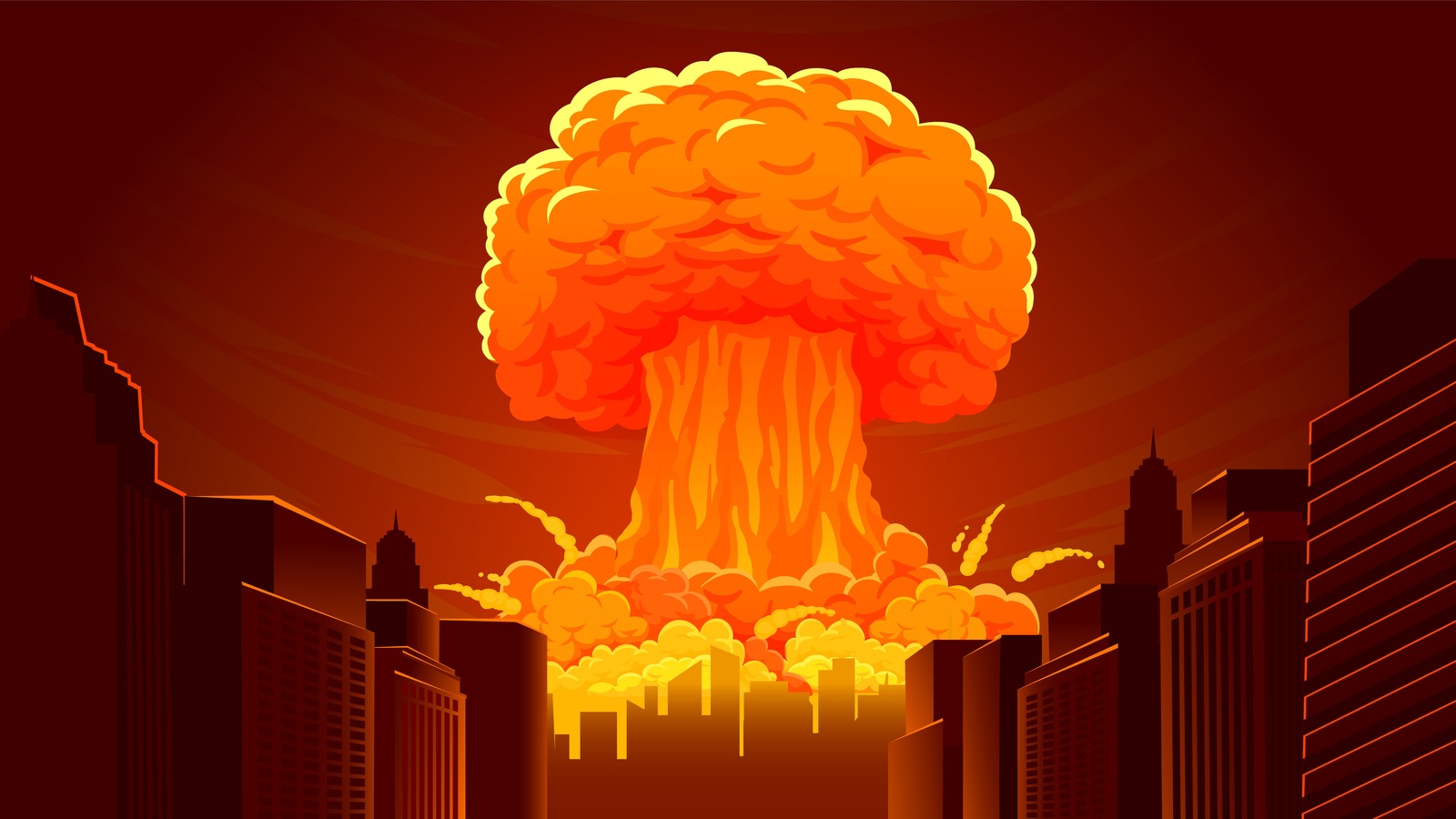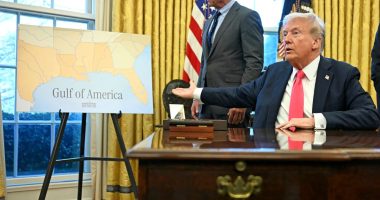
Along with Argentina, Rutgers University’s Dr. Alan Robock gave Australia a shout-out in an interview where he spoke about their findings on surviving a post-apocalyptic nuclear winter, and the inevitable food shortages that would follow. In an interview with Cosmos, study co-author Dr. Ryan Heneghan from Queensland University explained Australia’s very southern location positioned it on the other side of the globe from where nuclear weapons were likely to be deployed, giving it some kind of protection — although it would still see impacts from soot and debris that ends up in the air. Australia, however, is likely big, rich, expansive, and self-sufficient enough to weather not only the fallout, but the collapse of international trade.
In a study published in Discrete Dynamics in Nature and Society in 2022, Australia was named as one of the best places to be in case of nuclear war. Why? In addition to their food production capabilities, they got points for being self-sufficient in terms of energy generation, use, and surplus, a solid, reliable infrastructure, localized governments capable of planning for natural disasters like bushfires and floods, the presence of nearby trading partners, sustainable healthcare, and a standing military.
Heneghan also explained why it’s difficult to find a so-called safe country, adding, “There really is no such thing as a regional nuclear war. There’s conflict in the world at the moment, that’s non-nuclear, and we don’t feel the effects of it. But that wouldn’t be the case with a regional nuclear war.” That said, Australia does have some major things going for it.









